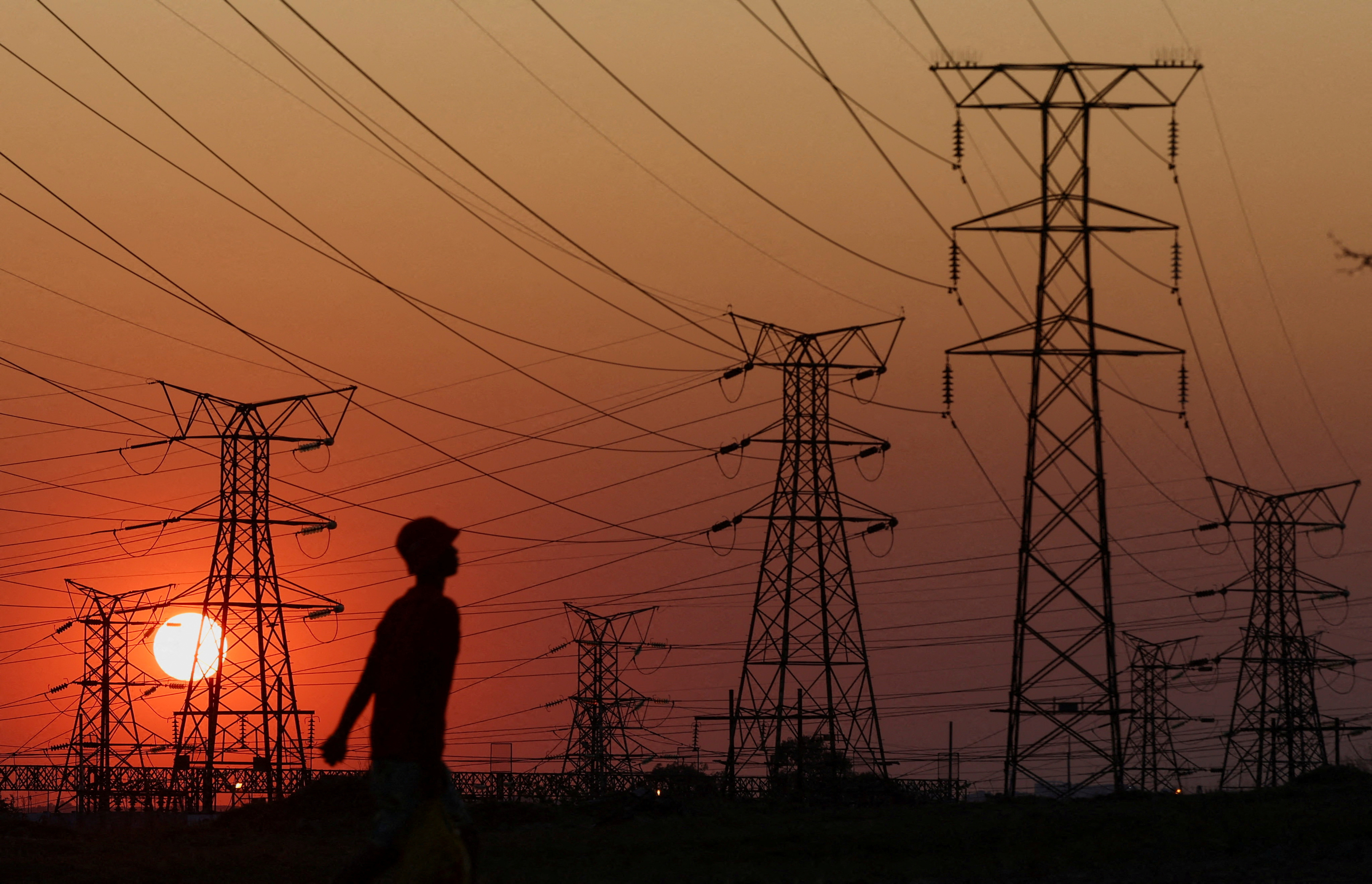It is expected that there will be no power cuts on Wednesday night, electricity authority (EAC) spokeswoman Christina Papadopoulou said.
Speaking to the Cyprus Mail, she said a generator at the Vasiliko power station which had experienced a fault is expected to return to service early on Wednesday afternoon, and that as such, the country’s demand should be met from that moment on.
Asked about the power cuts experienced by some parts of the country on Tuesday night, she explained that the EAC has divided the country up into various “groups”, which each comprise different areas across the island.
“A group might be made up of part of a village in the Paphos district, a neighbourhood in Limassol, part of a suburb in Nicosia, and other small areas all over the island,” she said.
As such, she said, when demand exceeds supply, power is cut off from one or more of those groups if required, “so as to protect the safety and the integrity of the system as a whole”.
The transmission system operator, however, said that given the ongoing high temperatures and consequent high electricity demand, the possibility of power cuts “cannot be ruled out”.
“If deemed necessary, the cuts will not exceed 30 minutes for each group,” it said.
It added that “intensive efforts are being made to restore the availability of production units,” but warned that this had not yet been completed.
As such, it called on the public to “save electricity” during peak hours, between 6.30pm and 10pm.
Meanwhile, energy expert Dr Charles Ellinas implored the authorities to take a longer-term view, especially in light of the impact of climate change on the island’s energy consumption.
“Today, we have way more demand than before, due to climate change, due to the increased use of air conditioners and desalination units for water,” he told the Cyprus News Agency.
He added that at present, “we have problems in everything”.
“It is not just in electricity. It is in water, drought, fires, everywhere. The reason for this is that we do not plan. We react. A problem arises and we go to fix it, and so, we go from problem to problem, without long-term planning,” he said.
He added that climate change has “changed everything”, pointing out that global average temperatures have already risen by 1.5 degrees Celsius, and that in Cyprus, temperatures have increased by even more than that, because temperatures in the Mediterranean region are rising around 20 per cent faster than the average.
“Temperatures will continue to rise. What we know today will not apply tomorrow. In order to cope, we need to make plans based on these changes, to take climate change into account and to think of what we expect to happen in the next 20 or 30 years,” he said.
Asked what needs to be done to ensure that Cyprus’ electricity supply be adequate, he spoke of a “need to replace the generators” at the Dhekelia power station and lamented the delays in the utilisation of natural gas found under the seabed off the coast of Cyprus.
“We knew that the units in Dhekelia are very old. We need to close them and install something new. We have not done that. We knew that we needed to bring in natural gas. We have known it for 15 years and have not managed to do it yet, and we still do not know when it will arrive,” he said.
He added that the electricity network as a whole “needs an upgrade”, and that “we are still waiting” for this to happen.
“Do we know how much electricity we will need by 2030, 2040, or 2050 so that we can plan and have it ready and not go from one problem to another? We have no such plan,” he said.
He said that the “first thing which needs to be done” is to “accelerate the arrival of natural gas”, adding that generators belonging to the EAC and to private firm Power Energy Cyprus are already ready.
“We have the [floating storage and regasification unit] Prometheas, the pier is half-done, the project is not finished. We got the Prometheas last year, almost a year ago. A year has passed, and the project is still not finished. What are we waiting for? Now, I hear that it may not be finished until 2029. Why?”
Then, he moved onto the matter of electrical interconnection, and the planned Great Sea Interconnector project, which would connect the grids of Cyprus, Greece, and Israel, having been described as “not sustainable” by Finance Minister Makis Keravnos earlier this month.
“There is also the cable. If it were there right now, we would not have any electricity problems. We would import it. And now we hear that the energy ministry wants it and the finance ministry does not want it in any way, while the president is saying nothing at all. Why?”
He added that the issues facing Cyprus’ electricity supply are not financial.
“The money is there. We did not do the planning or the necessary work. That could have been done at any time. The money is there for it … We know what the problems are, we know what the solutions are, and yet we sit and wait,” he said.






Click here to change your cookie preferences